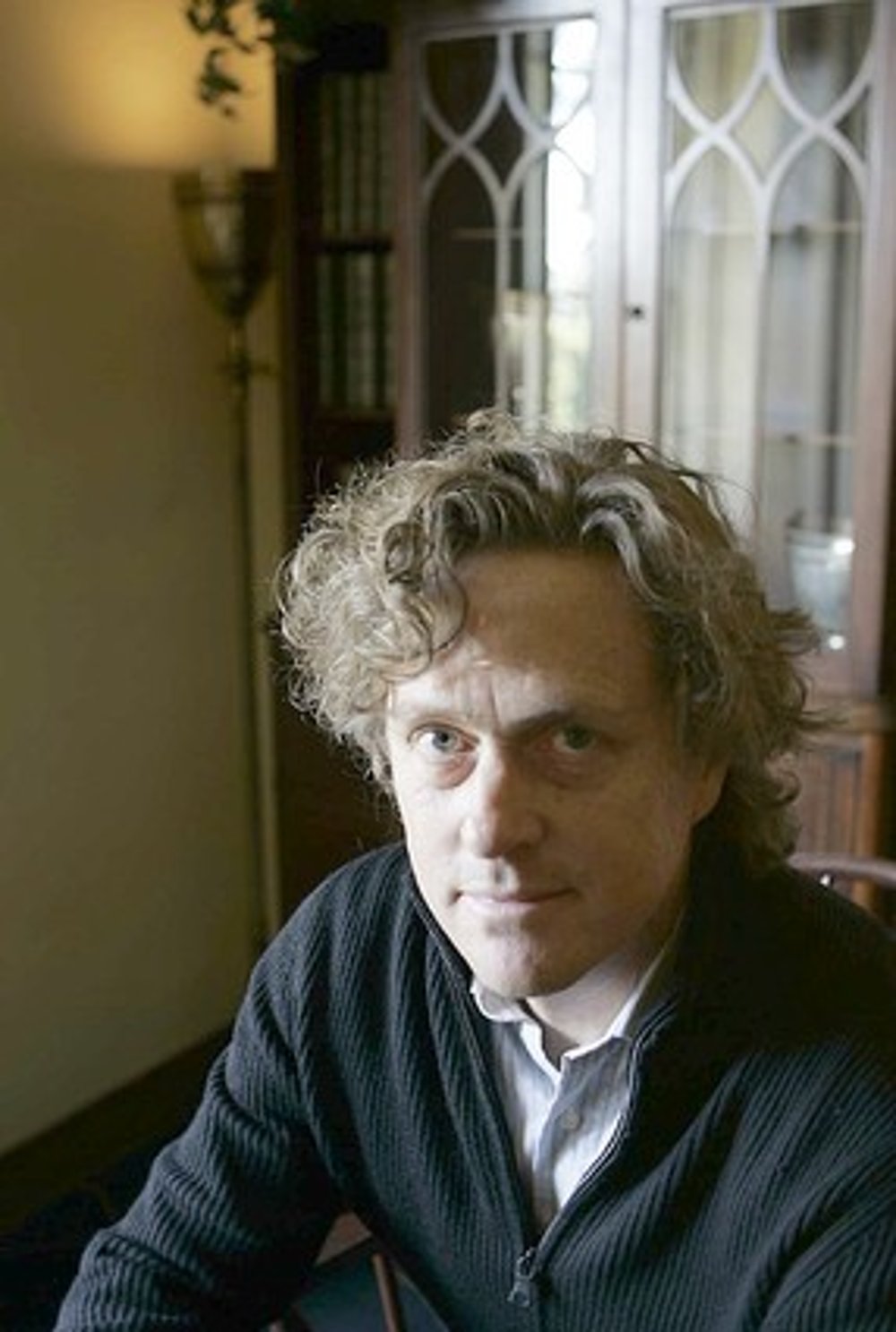
Christopher Newfield is Director of Research at the Independent Social Research Foundation in London. He is Distinguished Professor Emeritus of English at the University of California, Santa Barbara.
He is the Immediate Past President of the Modern Language Association.
Newfield began his career as an Assistant Professor of English at Rice University, before moving to the University of California, Santa Barbara where he worked for over thirty years.
Newfield has recently published two books on the metrics of higher education: Metrics That Matter: Counting What’s Really Important to College Students (Baltimore: Johns Hopkins University Press, 2023) and The Limits of the Numerical: The Abuses and Uses of Quantification (Chicago: University of Chicago Press, 2022).
He has written a trilogy of books on the university as an intellectual and social institution: Ivy and Industry: Business and the Making of the American University, 1880-1980 (Duke University Press, 2003); Unmaking the Public University: The Forty Year Assault on the Middle Class (Harvard University Press, 2008); and The Great Mistake: How We Wrecked Public Universities and How We Can Fix Them (Johns Hopkins University Press, 2016).
Newfield is currently conducting research on the nature and effects of literary knowledge.
NEW!
“Humanities Decline in Darkness: How Humanities Research Funding Works“
“Deprovincializing Criticism: On Bruce Robins’s “Criticism and Politics”“
“Racial Equality After Affirmative Action: Towards a New Structure of Feeling“
“How to Make ‘AI’ Intelligent; or, The Question of Epistemic Equality“
MLA Presidential Address 2023: “Criticism after this Crisis: Toward a National Strategy for Literary and Cultural Study“
“Do Metrics Matter? Metrics Reform and Metrics Abolitionism”
Newfield’s doctoral education was primarily in U.S. cultural history and literary theory, and he continues to work in a range of disciplines with a focus on cultural problems. His academic work has focused on Critical University Studies, American literature since 1990, California culture and society, quantification studies, and the status of literary knowledge. Within American Studies, Newfield’s research has explored the following longstanding issues: racism and its relation to culture wars on academia, the US as a culture of coercion and force, managerialism and fiscal control, the Democratization of knowledge, and the use of humanities knowledge.
Newfield remains attached to literature for its expressions of the capacity for human transformation in the face of weakness and disaster that link inner life to social forces. He has always been interested in sustainable, non-destructive societies that allow pleasurable and fulfilling individual existence in spite of mass suffering, perennial misrule, and god-knows-what forms of psychological darkness. These concerns have expressed themselves in studies of the various facets of one overriding topic—the sociocultural and psychological preconditions of mass creativity.